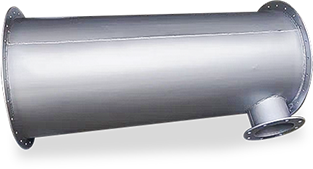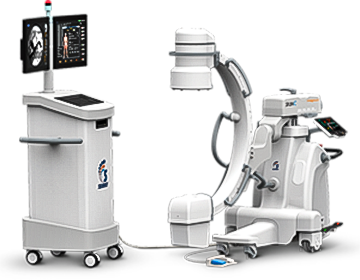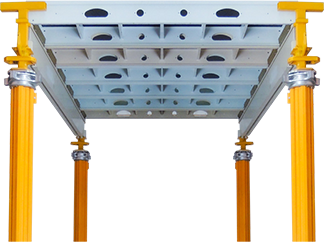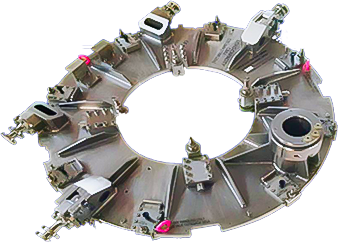Fabrication Nylon
Material Description
Nylon is a versatile synthetic polymer known for its remarkable technical properties. It is a polyamide, characterized by a repeating unit with amide (NH-CO) linkages, which contribute to its exceptional strength and durability. Nylon is available in various grades, each tailored for specific technical applications. Its key attributes include excellent tensile strength, abrasion resistance, and chemical resistance, making it an ideal choice for a wide range of engineering and industrial uses. Nylon also possesses exceptional dimensional stability, retaining its shape and structural integrity even in extreme temperature and humidity conditions. Its low coefficient of friction and self-lubricating properties make it a preferred material for bearings, gears, and other moving components. Additionally, nylon is easily molded, allowing for complex designs and intricate parts production through injection molding or extrusion processes. These technical characteristics, combined with its affordability, make nylon a preferred choice in industries such as automotive, aerospace, textile, and consumer goods manufacturing.
Furthermore, nylon exhibits outstanding electrical insulating properties, making it a suitable choice for applications where electrical resistance is crucial. It is often used as a sheathing material for electrical cables and wires. In addition to its mechanical and electrical properties, nylon is also well-regarded for its resistance to a wide array of chemicals, including many oils, solvents, and fuels. This chemical resistance, along with its low water absorption, ensures long-term stability in various harsh environments. Overall, nylon’s technical versatility, durability, and ease of processing have established it as a vital material in a broad spectrum of industries, from automotive components and machinery parts to clothing and consumer goods, where its adaptability and performance characteristics are indispensable.
Grades
Nylon 6/6, 6 & 6/12
Finishing Options
Dyeing, Electroplating, Painting
| Density | Tensile Yield Strength (MPa) | Fatigue Strength (MPa) | Hardness (Brinell) | Thermal Conductivity (W/m-K) | Coeff. of Thermal Expansion (mm/mdeg) | Electrical Resistivity (micro Ohm-cm) |
|---|---|---|---|---|---|---|
| 1140 | 150-300 | 25-60 | 70 - 80 | - | 80-120 | 1x10^11 - 1x10^14 |
Design Recommendation
When designing products or structures using nylon, it is crucial to consider its unique properties and characteristics. Nylon is known for its exceptional strength, durability, and resistance to abrasion, making it an ideal choice for applications requiring toughness. To maximize its performance, design recommendations should focus on optimizing wall thickness, reinforcing critical stress points, and ensuring proper tolerances for assembly. Additionally, considering factors like environmental conditions and potential chemical exposure can help determine the most suitable type of nylon for the specific application, ensuring long-lasting and reliable performance.
Cost Saving Tip
In nylon machining, high-speed techniques should be coupled with optimized cutting parameters to prevent heat buildup. Minimizing heat generation is key to extending tool life, reducing tool replacement costs, and ensuring efficient production.





